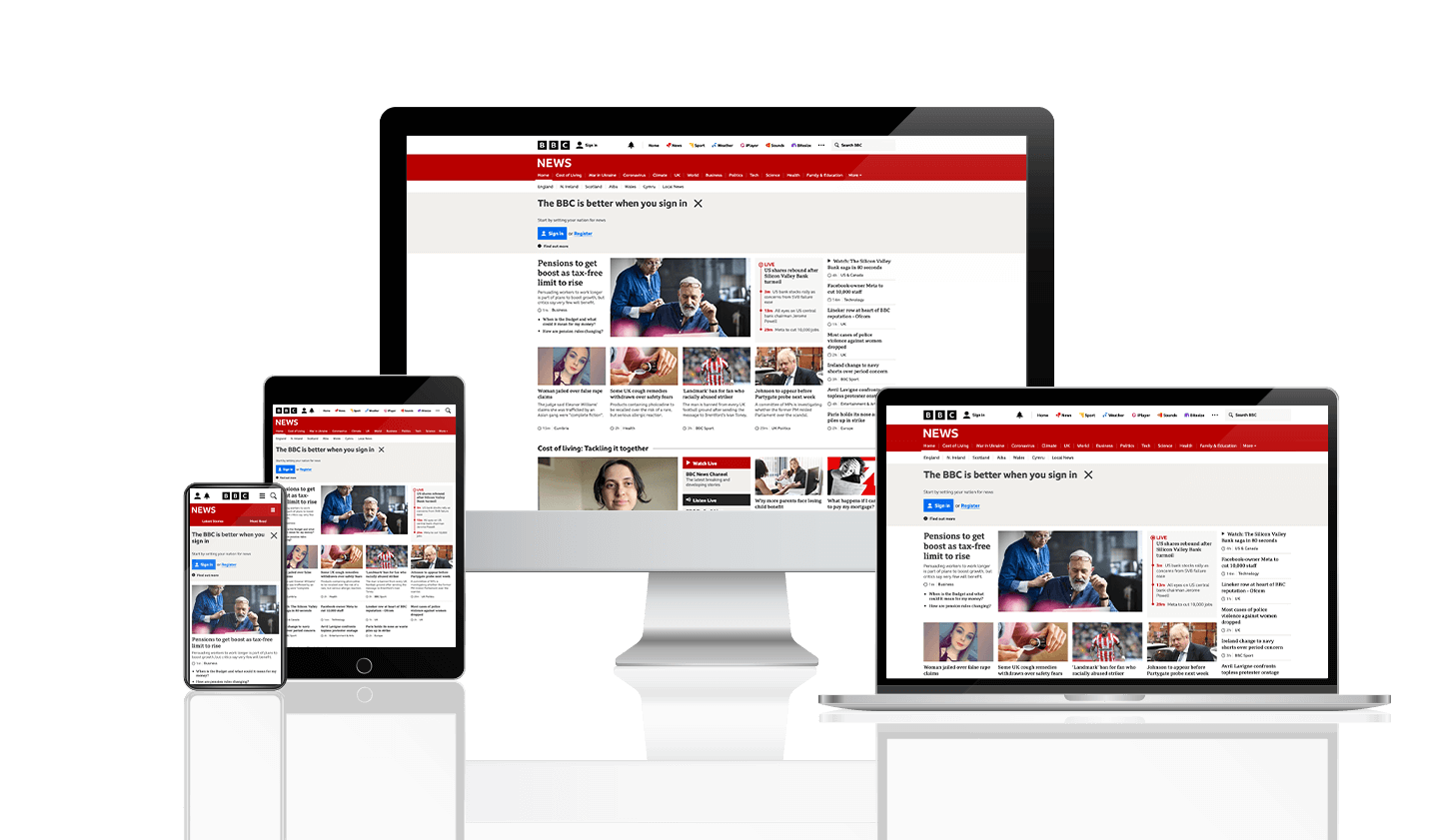10 Ways stnews.live Is Worth Bookmarking
The Value of Fact-Checking worldwide of News Online
The frequency of misinformation in today's on-line news landscape has actually gotten to worrying levels. Fact-checking organizations play a crucial function in counteracting this fad. They confirm insurance claims and enhance the reputation of journalism. The performance of these companies often pivots on their techniques and public assumption. As target markets navigate this complicated environment, the effects of their findings might shape the future of news usage and depend on. What does this mean for the honesty of info moving on?

The Increase of False Information in the Digital Age
How has the arrival of electronic modern technology added to the spread of false information? The quick development of the net and social networks platforms has actually assisted in the dissemination of info at an extraordinary rate. Customers can share posts, video clips, and viewpoints with a simple click, often without validating the web content's accuracy. Algorithms prioritize spectacular or psychologically charged material, bring about an expansion of deceptive narratives that catch interest.
In addition, the anonymity paid for by electronic platforms permits people to spread incorrect info without liability (stnews.live). False information flourishes in echo chambers, where users are revealed primarily to point of views that reinforce their ideas, even more lodging falsehoods. The saturation of details can overwhelm users, making it testing to recognize trustworthy resources from undependable ones. Consequently, misinformation has actually ended up being a pervasive concern in the digital landscape, impacting popular opinion and rely on legit news resources
The Role of Fact-Checking Organizations
Fact-checking organizations play an essential function in enhancing the integrity of journalism by validating insurance claims made in news records. Their initiatives are important in combating misinformation, making sure that precise information prevails in the electronic landscape. By holding media outlets liable, these companies add significantly to notified public discourse.
Enhancing Reliability in Journalism
While misinformation proliferates in the digital age, fact-checking organizations play an essential role in improving the credibility of journalism. These companies meticulously validate claims made in newspaper article, public declarations, and social media articles, making sure that info disseminated to the public is exact and reliable. By offering independent analyses, they act as an essential source for journalists, aiding them preserve high standards of honesty. On top of that, their efforts promote transparency in media, fostering public trust fund. As target markets become increasingly critical, the presence of reliable fact-checking entities can differentiate reliable news resources from those that may spread fallacies. Inevitably, the dedication of fact-checking companies to copyright truthfulness is critical for the health of democratic discussion.
Combating False Information Properly
As misinformation remains to spread quickly throughout electronic systems, the function of fact-checking companies comes to be increasingly critical in the fight for exact info. These companies serve as guard dogs, looking at claims made by somebodies and media electrical outlets to ensure accountability. By using rigorous study approaches and specialist analysis, they validate realities and make clear deceptive narratives. Their findings are shared with various networks, enlightening the general public and fostering vital reasoning. On top of that, partnerships with social media sites platforms boost their reach, permitting for timely flagging of false info. As digital literacy expands, the influence of fact-checking organizations is essential in encouraging target markets to determine truth from fraud, ultimately adding to a much more educated society.
Exactly How Misinformation Affects Public Perception
Misinformation significantly weakens depend on in media, leading target markets to doubt the trustworthiness of news resources. Therefore, individuals frequently move towards outlets that strengthen their present beliefs, contributing to the polarization of point of views. This vibrant develops a fragmented details landscape, where shared recognizing comes to be increasingly difficult to accomplish.
Trust in Media

Rely on media has ended up being increasingly delicate in the digital age, where the quick spread of incorrect info can skew public assumption. As false information proliferates throughout social networks and on the internet systems, audiences commonly locate it challenging to determine credible resources from undependable ones. This uncertainty cultivates apprehension, leading many people to examine the motives behind news coverage. Consequently, count on developed media outlets has reduced, as customers progressively turn to different resources that may do not have rigorous content requirements. This disintegration of trust fund not just influences individual ideas however likewise weakens the collective capacity to participate in notified discussions. Ultimately, Go Here the honesty of journalism goes to risk, highlighting the crucial requirement for effective fact-checking to recover confidence in the media landscape.

Polarization of Point of views
The raising uncertainty toward conventional media has actually added to an expanding polarization of opinions amongst the general public. Misinformation, often disseminated with social media sites and on-line systems, plays a significant duty in shaping distinct ideological separates. Individuals frequently look for out details that lines up with their pre-existing beliefs, reinforcing their point of views while dismissing opposing viewpoints. This resemble chamber impact heightens divisions, bring about a fragmented public discussion where consensus comes to be progressively elusive. Additionally, sensationalized narratives prosper in this setting, further skewing public perception and promoting mistrust in reputable resources. As polarization escalates, the requirement for effective fact-checking ends up being paramount to link spaces and promote notified discussions, eventually making certain a much more cohesive society qualified of steering complex concerns.
Strategies for Effective Fact-Checking
Reliable fact-checking depends on a systematic strategy that consists of comprehensive research, confirmation of sources, and essential evaluation of insurance claims. A fundamental strategy is cross-referencing details from several credible sources to confirm its accuracy. Fact-checkers frequently utilize specialized data sources and archives to trace the beginning of certain statements, guaranteeing that the reported info straightens with documented proof.
An additional necessary approach involves scrutinizing the context in which insurance claims are provided. Deceptive details can emerge from out-of-context quotes or careful data usage. By examining the more comprehensive narrative, fact-checkers can determine possible biases or misinterpretations.
Involving with professionals in relevant areas can provide clearness and understanding that boosts the fact-checking process. This collaboration can reveal nuances that laypeople might overlook - stnews.live. Eventually, a regimented technique combining these strategies cultivates a much more informed public, boosting the integrity of info distributed in the digital age
The Effect of Social Media Site on News Intake
How has social media sites changed the way people consume news? The appearance of systems like Facebook, Twitter, and Instagram has notably transformed news usage patterns. News is currently shared swiftly, enabling users to accessibility real-time updates and engage with content via sort, shares, and comments. This immediacy has cultivated a preference for bite-sized information, frequently at the expense of extensive evaluation.
Social media makes it possible for personalized news feeds, where algorithms curate web content based on individual preferences, creating echo chambers that might limit direct exposure to varied viewpoints. The function of traditional news electrical outlets has actually reduced as people significantly rely upon peer recommendations and trending topics. The credibility of information is commonly compromised, as sensationalism can overshadow valid reporting. Overall, social media sites has actually reshaped news consumption, emphasizing speed and personalization while challenging the requirements of journalistic honesty.
Equipping Target Markets to Identify Trustworthy Resources

Additionally, taking a look at the authorship and business history of newspaper article can reveal prospective prejudices. Cross-referencing details throughout several trustworthy electrical outlets further enhances the verification procedure. Making use of electronic devices, such as web browser expansions that rank the integrity of web sites, can likewise aid in determining reliable information. By actively involving with these resources and growing a crucial way of thinking, audiences can much better furnish themselves to discern reliable news resources, ultimately promoting a much more educated society amidst the intricacies of today's media environment.
The Future of Journalism and Fact-Checking
As the media landscape progresses, the future of journalism and fact-checking encounters both challenges and opportunities. The rise of electronic systems has actually democratized information dissemination, permitting diverse voices to emerge. This has actually also led to the proliferation of false information, requiring durable fact-checking systems. Reporters will progressively count on technology, including AI devices, to verify realities rapidly and efficiently.
Cooperation in between Home Page news companies and fact-checking entities is anticipated to reinforce reliability and openness. Target market engagement will certainly play an important function, as educated readers come to be significant companions in recognizing reliable content.
The need for accountability and precision is most likely to grow, pushing journalists to maintain high standards in their reporting. Eventually, the future of journalism might depend upon its capability to adjust to technical innovations while preserving journalistic honesty, guaranteeing that fact-checking stays a cornerstone of credible news.
Regularly Asked Concerns
Just How Can I Report Misinformation I Experience Online?
To report false information experienced online, people can utilize platform-specific reporting devices, give clear proof, and share the details with fact-checking companies. Engaging with community conversations can likewise help raise understanding about the false information.
What Prevail Indicators of Misinformation in News Articles?
Typical signs of false information in newspaper article consist of spectacular headings, absence of legitimate sources, psychological language, irregular realities, and absence of writer credentials. Visitors should seriously examine material for these indications to recognize precision.
How Do Fact-Checkers Verify Resources?
Fact-checkers verify resources by cross-referencing info with reputable data sources, speaking with professionals, and checking out the initial context of insurance claims. They also assess the dependability of the sources, guaranteeing precise and reliable details for public intake.
What Lawsuits Can Be Taken Against False information?
Lawsuits against misinformation may consist of libel legal actions, cease-and-desist orders, and regulatory penalties. Sufferers can prosecute through civil courts, while some territories impose fines or permissions on platforms sharing incorrect details.
Exist Apps for Fact-Checking News On-The-Go?
Numerous applications exist for fact-checking news on-the-go, consisting of Snopes, FactCheck.org, and PolitiFact. These applications aid individuals validate cases swiftly, promoting notified decision-making and fostering an extra discerning method to consuming news in real-time.